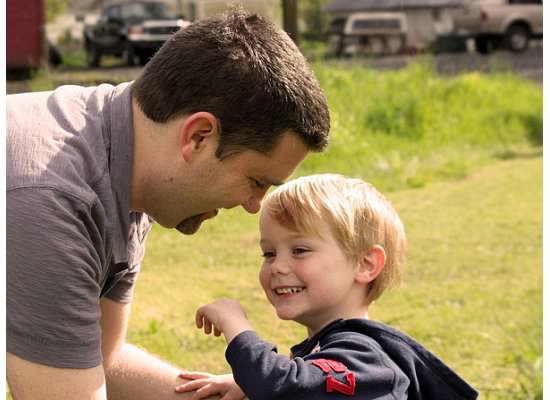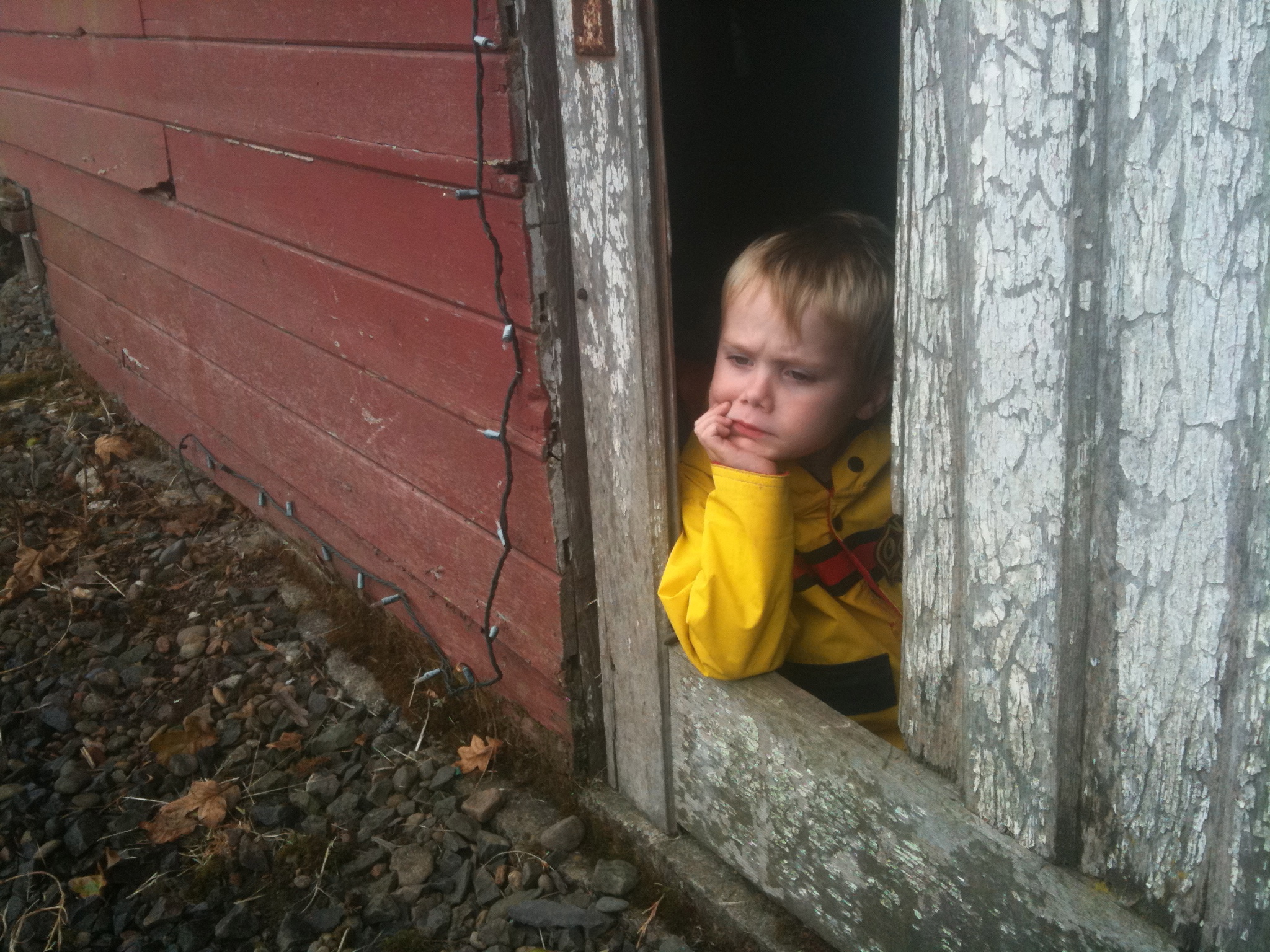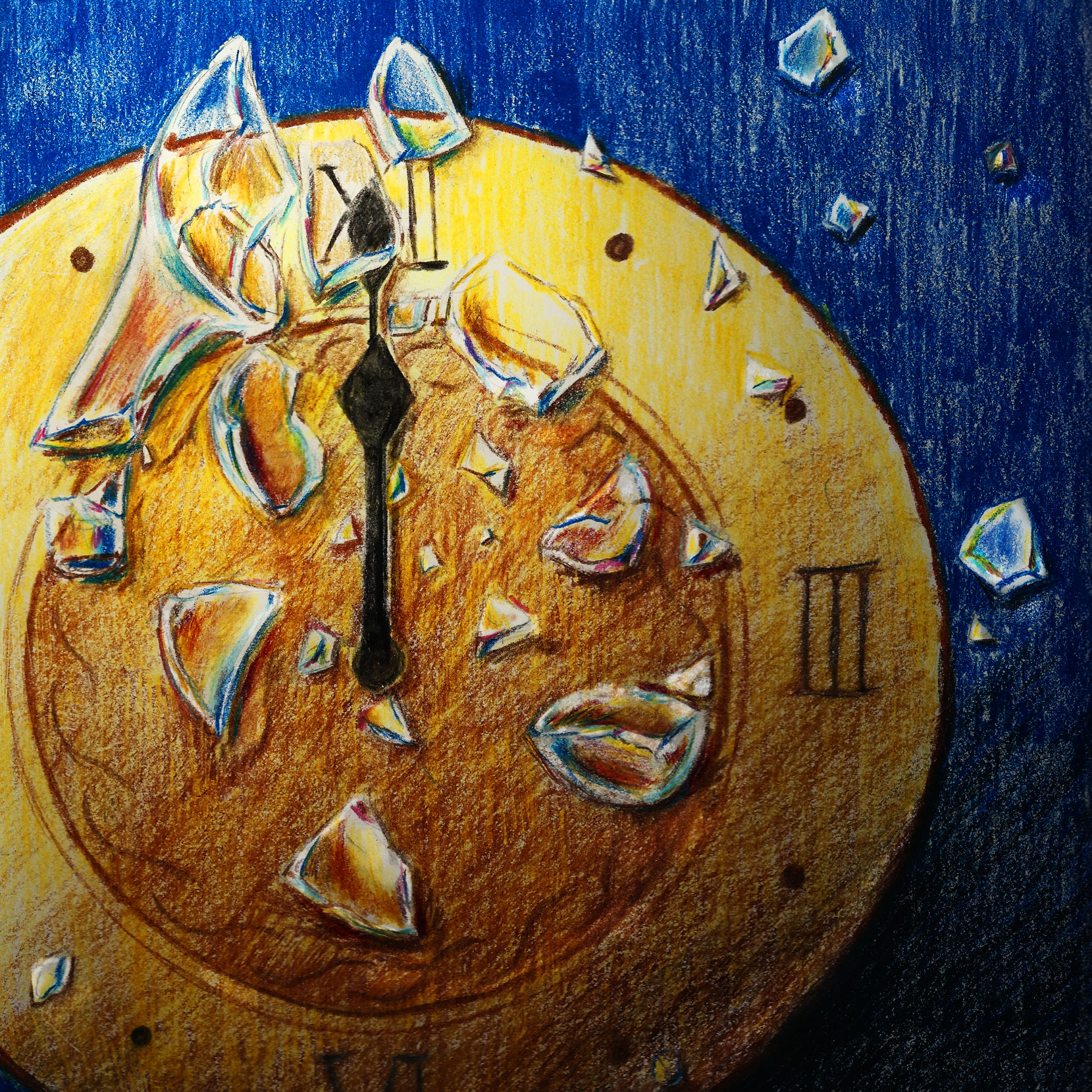The old woman frowned at the moping beauties in the king’s garden. For a moment, she almost felt sorry for them. On any other night, they would have had a fighting chance. The Duchess’ daughter was lovely enough to incite a riot with her scandalous gown made of red rose pedals. And the Vizier’s girl—the one wrapped in thin layers of golden lace—she might have had a dozen knights preparing to quest on her behalf. Even the poor merchant’s daughter in the deep purple dress was alluring enough to win for her father a dowry as tall as the castle walls.
Poor girls. They must have been so confident earlier in the evening.
But now she was there.
At first they called the girl arrogant because of her dress. Then they called her fake for pretending to look so innocent. But at last, they settled on stupid, because she appeared to have no idea who she was dancing with.
The old woman doubted that. The topic must have come up. The Prince had greeted her like an excited hunting dog the moment she arrived, and the two had not stopped dancing since.
The discarded maidens complained that it was the dress and not the girl who had seduced him. The thing was made of shining white silk, covered with hundreds of sparkling, transparent stones; stones just like the ones hanging from the queen’s own ears. No one dared whisper the word “diamonds,” for they all knew it would cost the wealth of two whole kingdoms to mine that many stones.
Yes, they all decided after another full hour of spiteful whispers: It had to be the dress. There was no chance the girl’s figure could actually be so perfect. The dress merely pushed and pulled in the right places. Her eyes only looked like glowing emeralds because of how the dress sparkled. And those loose strands of deep blonde hair only bounced so gaily because… well it had to be the dress’s fault somehow, or maybe it was those loathsome glass slippers!
“I do good work,” the old woman said to herself, swaying gently as the waltz came to an end. The prince was bowing, and the girl was giving an awkward curtsy–the most adorable awkward curtsy that ever was. But when she looked up, something was wrong. Her eyes were puffy, and she turned away from him.
The gaggle of maidens held their breath.
“I think she’s angry,” the Vizier’s daughter squeaked. “Let’s go!” The maidens stampeded down the steps and around the fountain. In a moment, the special girl was missing in a see of colored lace.
The old woman did not move. “I shouldn’t have come,” she whispered, pulling her brown hood tightly over her head.
The Prince was growing desperate as the mob of girls surrounded him. “Miss! Miss, where did you go?” He called for his guards to give him space, but it was too late. The merchant’s daughter had him now, and she was lifting him off his feet. The old woman felt her stomach tighten. Where had the girl gone to?
“Godmother?”
The old woman jumped at the small voice, which came from behind her. It was too late to hide now.
She put on a motherly smile and turned around. “Yes dearie? Oh, you found me. I was just enjoying the —”
“Godmother,” the beauty repeated, “It’s… it’s not enough time.”
The godmother looked up to the glowing yellow clock on the spire. It was almost twelve already.
She sighed. “I’m sorry, dearie. It must be midnight.”
“It’s not fair,” the girl blurted out.
“Every night must end. How else will you find your happily ever after?”
“Happily ever after? I don’t even know happiness now?” Tears began to gush from her perfect eyes. The pale skin of her cheeks turned pink. “How can you do this to me?” the girl balled. “You are too cruel.”
“Come now,” the godmother whispered, “How can you say that?”
“I can say it easily, because it is the truth. And a princess must speak the truth, even if she is only allowed to be a princess for a few lousy minutes on a hot evening.”
The godmother raised her eyebrows but said nothing.
The girl fell to her knees. “Godmother, just a couple of hours.”
The godmother reached down and to raise the girl’s chin and said, “And when would it be enough? When would you be satisfied if not now?”
The girl pulled away. “If I had your powers, I would use magic without limits. The only true gift is a gift that does not end.”
“Dearie, you do not know what you are saying. The limit is part of the gift.”
The girl ignored her. “I would use magic every moment. Just for the sheer joy of it. Or maybe it is not a joy to you, but it is to me.” At that, she began prying the shining stones from her shining white dress, one after another, and tossing them on the ground.
“Daughter, what are you–?”
“Don’t object, godmother. You would only care if you actually took delight in working your miracles. But you don’t, so stop pretending!”
The godmother wanted to hold her. Wanted to fall down next to her and fold her hands over the girl’s shaking fingers, but it would not do. The girl needed to be answered.
“Daughter, I do delight in magic. I delight in every gift I have given you. Can you look into my eyes and say the same?”
The girl did not look into her eyes, but she answered, “Of course I do!”
“You are lying to yourself, daughter. This whole night is a gift. If you really thought so highly of magic, you would not haggle like one who has never experienced it.”
The girl stood up and took her hands from her face. It looked as if her tears had been running up her forehead and her nose. Her eyes were puffed and red, and her plump, red lips convulsed.
“Then I will pay you back for all you have done for me !” she shouted, reaching down to remove a glass slipper. She did not even pause to take aim, but hurled it straightaway at her fairy godmother. It glanced off her and fell to the ground, shattering into thousands of tiny shards.
“You are not real to me! I do not even believe in fairies!” she wailed, then crumbled into a puddle and sobbed so loudly that her prince called out to her.
“Miss? Miss, where are you?”
The godmother disappeared into the wind before the young man came into view around the hedges. The girl was already on her feet, fleeing down the great stone steps. “I’m sorry,” she cried over her shoulder. “I must go. I have to go now!”
“Wait,” he called after her. “Don’t go! I don’t even know your name!” He chased her down the steps and onto the road, but he was too late. The girl was already climbing inside her porcelain white carriage. The clydesdales wasted no time pulling their passenger away at lightning speed.
The godmother reappeared behind the hedges and watched the prince drag himself back up the steps. His face was full of defeat and confusion.
The old woman sighed as she looked away from the prince to the broken shards that lay at her feet. Was it worth it? Would it do any good at all? She forced a smile and reached in her boot where she kept her magic wand. It would be a risk. But then, it was always a risk.
GK Chesterton proposed this scenario in “The Ethics of Elfland,” the greatest chapter of his classic “Orthodoxy.”
Special thanks to my brother-in-law, the crazy-talented Chris Audet, for the original illustration.




